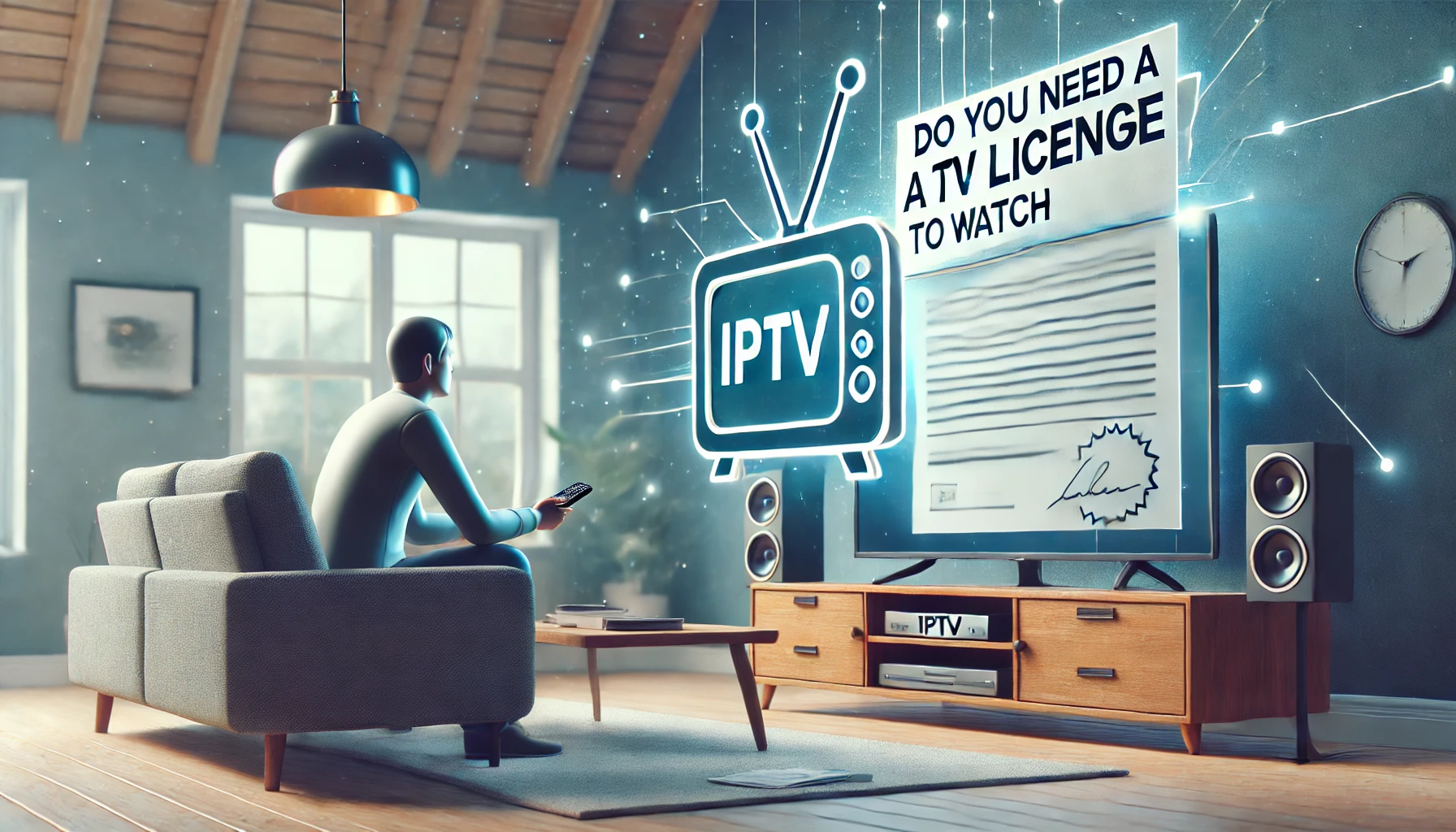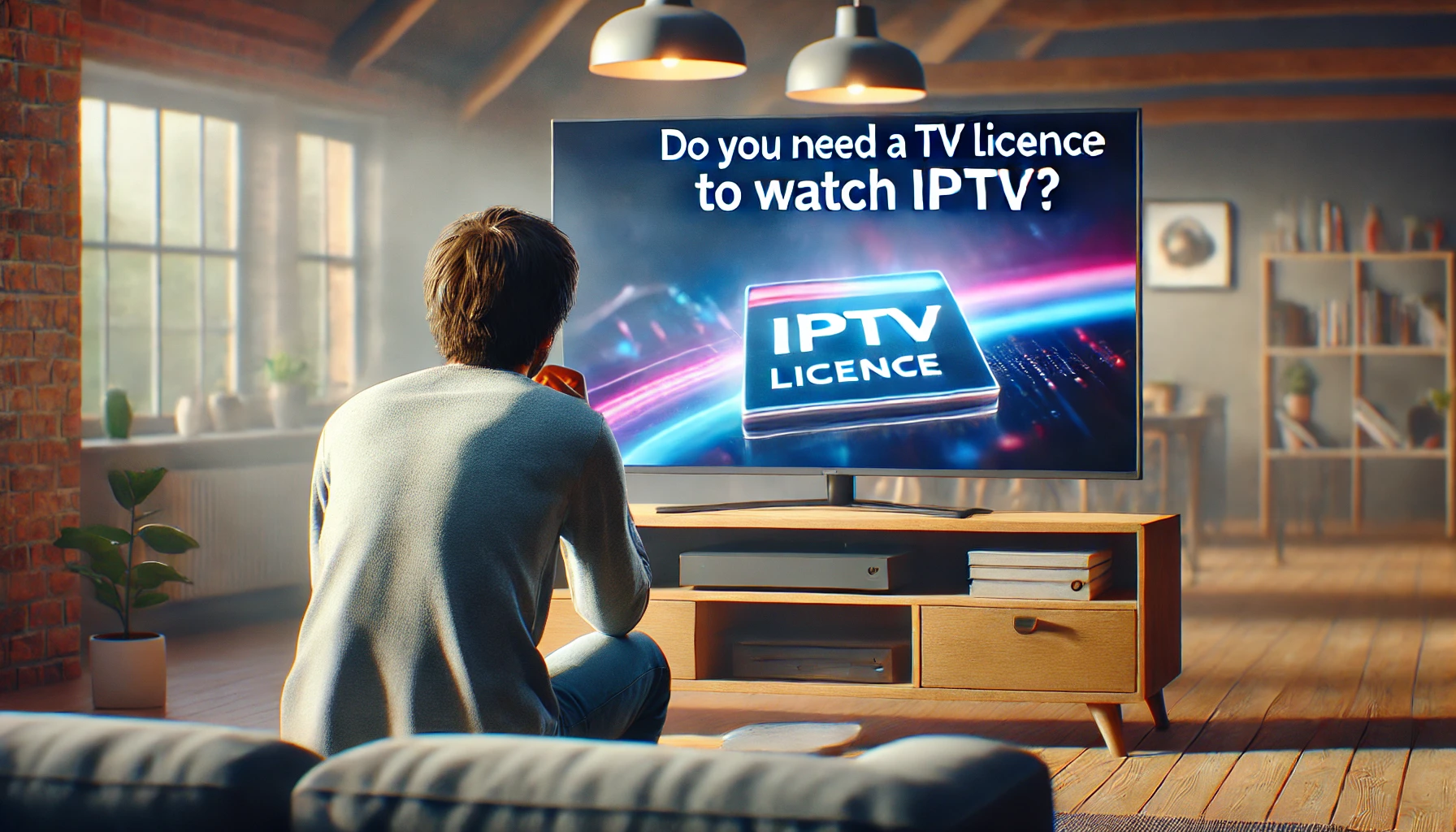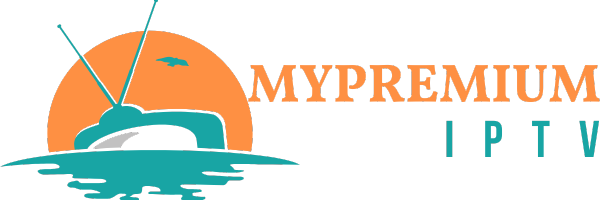- mypremiumiptv
- Blog
- Do You Need A TV Licence To Watch IPTV?
Do You Need A TV Licence To Watch IPTV?
Do You Need A TV Licence To Watch IPTV?

Do You Need A TV Licence To Watch IPTV?
Table of Contents
- Introduction
- What is IPTV?
- Understanding TV Licensing Requirements
- Do You Need a TV Licence for IPTV?
- TV Licensing Regulations in Different Countries
- How to Stay Compliant with TV Licensing Rules
- Conclusion
- FAQs
Introduction
With the increasing popularity of IPTV (Internet Protocol Television), many viewers are moving away from traditional satellite or cable TV in favor of streaming services. However, one common question arises: "Do you need a TV licence to watch IPTV?" In this blog, we'll explore what IPTV is, when a TV licence may be required, and how different countries regulate IPTV viewing.
For reliable IPTV services, visit mypremiumiptv.com.
What is IPTV?
IPTV stands for Internet Protocol Television, a service that delivers television programming over the internet. Unlike traditional broadcasting methods such as satellite or cable TV, IPTV allows users to stream live TV, on-demand content, and other video services on various devices like smart TVs, smartphones, and web browsers. IPTV services have gained popularity for their flexibility, extensive content options, and cost-effectiveness.
For more details about IPTV services, visit mypremiumiptv.com.
Understanding TV Licensing Requirements
A TV licence is a legal requirement in many countries for watching live television broadcasts. Typically, the purpose of a TV licence is to fund public broadcasters such as the BBC in the UK or to regulate television content. Whether or not a TV licence is required depends on the country you're in and the type of content you're watching.

Do You Need a TV Licence for IPTV?
The need for a TV licence when watching IPTV depends on two main factors: whether you're watching live TV or on-demand content.
1. IPTV for Live TV
In most countries, if you’re using IPTV to watch live broadcasts (such as news, sports, or other real-time events), a TV licence may be required. This applies even if you’re watching the broadcast over the internet via an IPTV service, as it’s still considered "live television."
Example: In the UK, watching live TV via IPTV requires a TV licence, regardless of whether you’re using traditional broadcasting methods or streaming services.
2. IPTV for On-Demand Services
For on-demand IPTV services, such as watching previously aired shows or movies at your convenience, a TV licence may not be necessary in some countries. On-demand content is treated differently from live broadcasts and typically does not require a licence.
Example: In the UK, you do not need a TV licence to watch streaming services like Netflix, Amazon Prime, or IPTV services that offer only on-demand content.
For more insights into IPTV services, visit mypremiumiptv.com.
TV Licensing Regulations in Different Countries
TV licensing laws vary significantly from one country to another. Here’s an overview of some key countries and their rules regarding IPTV and TV licences:
- United Kingdom: In the UK, you need a TV licence to watch live TV via IPTV. However, on-demand content does not require a licence unless you’re using BBC iPlayer.
- United States: There is no TV licence requirement in the US. However, some IPTV services may require a subscription.
- Australia: Australia does not have a mandatory TV licence, but users must comply with IPTV provider terms and conditions.
- Canada: Like the US, Canada does not require a TV licence. IPTV services may be regulated under broadcasting laws, but there is no licence fee.
Check your country’s specific regulations or visit mypremiumiptv.com for IPTV service options.
How to Stay Compliant with TV Licensing Rules
To ensure you are legally watching IPTV, it’s important to follow the licensing rules in your country. If your IPTV service offers live TV, check whether a TV licence is required. For on-demand content, licensing requirements may be more lenient, but you should always review local laws.
Some tips for staying compliant:
- Understand your country’s licensing rules: Research whether your country requires a TV licence for live IPTV streaming.
- Choose a licensed IPTV provider: Use legitimate IPTV services that comply with broadcasting regulations.
- Use a VPN if necessary: In some cases, a VPN may be useful to access geo-restricted content, but this does not replace the need for a licence where applicable.
For reliable and licensed IPTV services, check out mypremiumiptv.com.
Conclusion
In most cases, you will need a TV licence to watch live TV via IPTV, just as you would with traditional broadcasting methods. However, for on-demand IPTV services, a TV licence may not be required, depending on your country’s regulations. Make sure you stay informed about the legal requirements in your region to avoid fines and penalties.
For a high-quality IPTV experience, visit mypremiumiptv.com.

FAQs
1. Do I need a TV licence for IPTV in the UK?
Yes, if you are watching live TV via IPTV, a TV licence is required in the UK. On-demand content, except for BBC iPlayer, does not require a licence. Learn more at mypremiumiptv.com.
2. Is a TV licence required to watch IPTV in the US?
No, the US does not require a TV licence to watch IPTV. However, you may need a subscription to specific IPTV services. Check out mypremiumiptv.com for IPTV options.
3. What happens if I watch live IPTV without a TV licence?
In countries where a TV licence is required, watching live IPTV without one may result in fines or legal action. Always ensure you are compliant with local licensing laws. Visit mypremiumiptv.com for more details.
4. Can I watch on-demand IPTV without a licence?
In many countries, on-demand content does not require a TV licence. However, it’s best to check the specific regulations in your region. For more insights, visit mypremiumiptv.com.
5. Does using a VPN affect the need for a TV licence?
Using a VPN can help access geo-restricted content, but it does not remove the legal requirement for a TV licence in countries where it is mandatory. Learn more at mypremiumiptv.com.
Quick links
Services
2024 © MYPREMIUMIPTV. All Rights Reserved.

